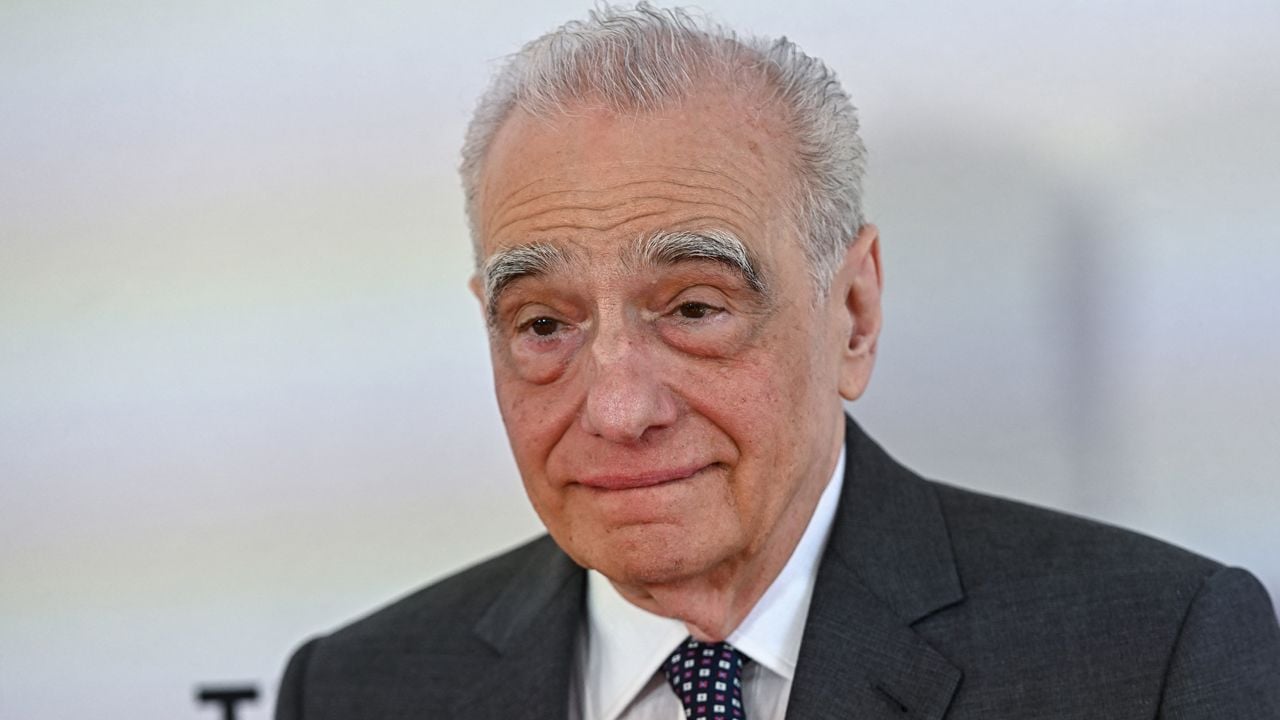The majority of ministers of the Federal Supreme Court (STF) have already voted for the Court to approve the resolution of the Higher Electoral Court (TSE) which, on the eve of the 2022 elections, expanded the Court’s powers to combat disinformation. The assessment is that the text only prohibits speeches that “due to their obvious falsehood, lack of control and massive dissemination, seriously affect the electoral process”.
In a virtual process, ministers Luís Roberto Barroso, Dias Toffoli, Cristiano Zanin, Alexandre de Moraes and minister Cármen Lúcia have already followed rapporteur Edson Fachin’s vote in favor of the resolution. The session is expected to end next Monday, the 18th.
The ministers analyze an appeal presented by the former Attorney General of the Republic Augusto Aras to try to overturn some parts of the rule approved by the TSE plenary in the last part of the elections. According to Aras, the law presents “sanctions different from those provided for by law, expands the police power of the president of the TSE and excludes the Public Prosecutor’s Office from the initiative”.
The resolution in question expanded the panel’s powers to determine the removal of news it deems false and accelerated the deadlines for complying with the ordinance. It also allowed the Court to order the deletion of content already classified by ministers as fake news and replicated on other social networks. Furthermore, channels that, in the Court’s assessment, systematically spread disinformation could be temporarily suspended.
The Court had already analyzed an injunction request to suspend the resolution, on the eve of the elections. At the time, with 9 votes against 2, the commission decided to maintain the text as the provision does not constitute censorship. Now the ministers are analyzing the validity of the action proposed by Aras, with an assessment similar to that already expressed last year.
In the vote presented in the virtual plenary, Fachin reiterated the assessment that the TSE “did not exceed the scope of its regulatory competences by conforming the exercise of its legitimate police power to the incident of electioneering”. “There is not—nor could there be—imposition of censorship or restriction on any means of communication or on the editorial line of the print and electronic media,” she noted.
According to the rapporteur, the contested rule aims to control profiles, channels and accounts, the publications of which could “jeopardize the integrity of the electoral process”.
“The spread of fake news, in the short term of the electoral process, can have the power to occupy the entire public space, restricting the free circulation of ideas. Fake news, that is, that which is transmitted without the slightest condition of supporting an opinion about its probability of certainty, as long as it has the ability to interfere in the electoral process, must be fought. The intentional use of lies, vague, incomplete and false information with the aim of manipulating consumers of the news or message should not be rampant ” he stressed.
Source: Terra
Rose James is a Gossipify movie and series reviewer known for her in-depth analysis and unique perspective on the latest releases. With a background in film studies, she provides engaging and informative reviews, and keeps readers up to date with industry trends and emerging talents.




![Tomorrow Belongs to Us: What’s in store for Friday 31 October 2025 Episode 2065 [SPOILERS] Tomorrow Belongs to Us: What’s in store for Friday 31 October 2025 Episode 2065 [SPOILERS]](https://fr.web.img4.acsta.net/img/27/7e/277e1f041c48016486ab18771f578de1.jpg)
